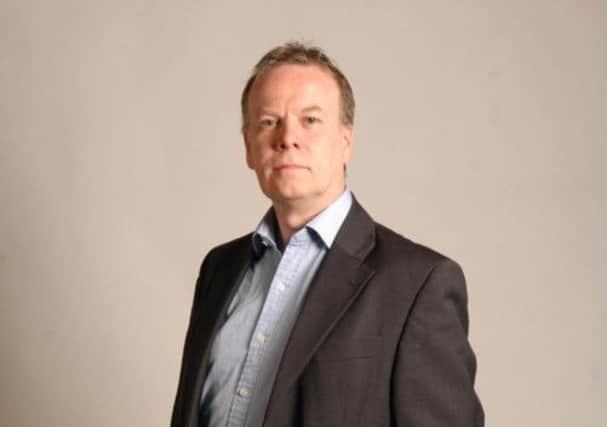Comment: SSE wake-up call one other utilities must heed


And it is apparent that they will need the same sort of makeover if they are to win back the support of consumers.
SSE, trading in Scotland as Scottish Hydro, is making a start under its new boss Alistair Phillips-Davies, who has called time on cold calling and hit back at claims that the utilities are profiteering.
Advertisement
Hide AdAdvertisement
Hide AdThose who side with the energy firms must feel they are on a hiding to nothing arguing that profit margins are actually quite tight and that investment is needed on a colossal scale. On top of that they are obliged to meet green energy targets not of their own making.
This is an argument they will struggle to win, but the decision to end cold calls is a step in the right direction. SSE, once lauded for its uncomplicated business model, has been exposed as a mis-seller which brought it a heavy penalty and left a stain on the career of former chief executive Ian Marchant.
Just as banks are trying to repackage themselves as customer-friendly, so the utilities need to start cosying up to those at the sharp end of their bills and somewhat brutal attitude. It was noticeable that within hours of SSE’s announcement on cold calling, E.ON followed suit.
There’s a market for unhurried travel
One of the most under-rated services in Britain is about to get a long-overdue upgrade and it could help transform Anglo-Scottish travel.
The Scottish Government is inviting bids for a 15-year franchise to operate the Caledonian Sleeper and, for the first time, they will be judged on quality of service rather than price.
Travellers are promised en-suite toilets in business class, showers, and Scottish cuisine. Current operator FirstGroup will be bidding against Arriva and Serco which run sleepers in Germany and Australia respectively.
The improvements are excellent news, though it is an exaggeration to liken the new service to a Scottish Orient Express. The cost of providing that level of service would prove prohibitive for regular travellers and it is more regular travellers that are required. The trains run 40 per cent empty.
Investing in the Sleeper surely ought to put the idea of extending the high-speed service to Scotland firmly to bed. The Sleeper will receive £110 million, against more than £40 billion just to connect HS2 with the north of England. Scotland will have to wait until at least 2030. Is it worth it just to save a few minutes on a journey? Far better to have a glass of wine, a decent meal and a good night’s rest before arriving in time for breakfast.
Much work still to be done at SLI
Advertisement
Hide AdAdvertisement
Hide AdThe fall-out continues from Euan Munro’s departure from Standard Life Investments.
The designer of the £17bn Global Absolute Return Strategies fund (GARS) shook investors when he resigned to join Aviva. Gains have ebbed in recent times and at least one institution has clipped GARS from its recommended list. Keith Skeoch, who heads Standard Life Investments, recently dismissed suggestions that it would be affected by Munro’s exit. But clearly there is work to be done.
Twitter: @TerryMurden1